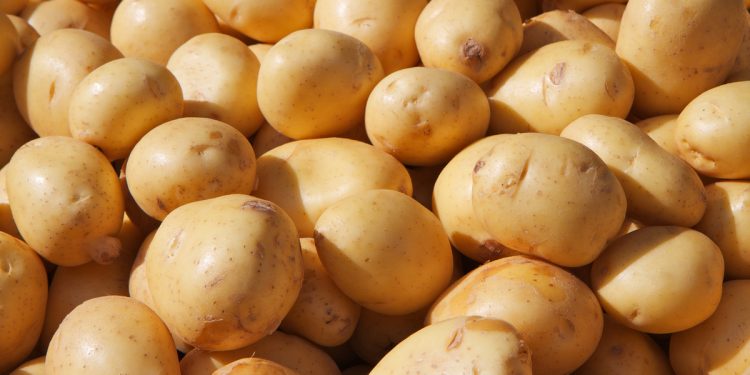The potato fields of Lalmonirhat and surrounding districts in northern Bangladesh are facing a new challenge: the high price of potato seeds. Farmers, who have traditionally relied on this region’s fertile soil and favorable climate for a bountiful potato harvest, are now struggling to afford the seeds needed to plant their crops.
“It’s getting increasingly difficult to secure enough seeds for our fields,” laments Atoar Rahaman, a farmer from Mostofi Bazar. “The prices have skyrocketed, making it a real struggle to manage our costs.” His sentiment is echoed by farmers Sakmal and Ashraful from Hiramanik village, who face similar challenges.
Lalmonirhat, along with other districts in the Rangpur division, has long been known for its high-quality potato production. Farmers in this region have traditionally engaged in potato cultivation both for market sale and seed production, often storing their produce in local cold storage facilities as seeds. However, the past two years have seen a significant increase in potato prices, impacting the affordability of potatoes for Bangladeshi households. Currently, popular varieties like cardinal and diamond are selling at Tk 54 per kg in the market.
This price hike has also impacted the cost of potato seeds. Abdul Mujib Bhuiyan, a cold storage facility owner in the Mahendranagar area, warns that the high seed prices could severely impact this season’s potato cultivation. “Farmers have already started planting in many areas, but those who planted early varieties faced harvest losses due to last month’s rains,” he explains. “Now, amidst this shortage, quality potato seeds are being sold at Tk 75 per kg. Even companies are selling seeds at inflated prices, making it even harder for farmers to afford the seeds they need.”
Despite these challenges, the Department of Agricultural Extension (DAE) in Lalmonirhat remains optimistic. They are aiming to bring 6,500 hectares of land under potato cultivation this season. Deputy Director Dr Shaikhul Arefin emphasizes the growing popularity of potato farming among farmers, who have seen profitable returns in the past two years. “The high demand for seeds reflects the farmers’ continued interest in potato cultivation,” he says.
However, the high seed prices pose a significant threat to this season’s harvest. If farmers are unable to afford the seeds they need, it could lead to a decrease in potato production, ultimately impacting the livelihoods of farmers and the availability of potatoes in the market. The situation highlights the need for government intervention to address the rising cost of seeds and ensure the sustainability of potato cultivation in northern Bangladesh.







